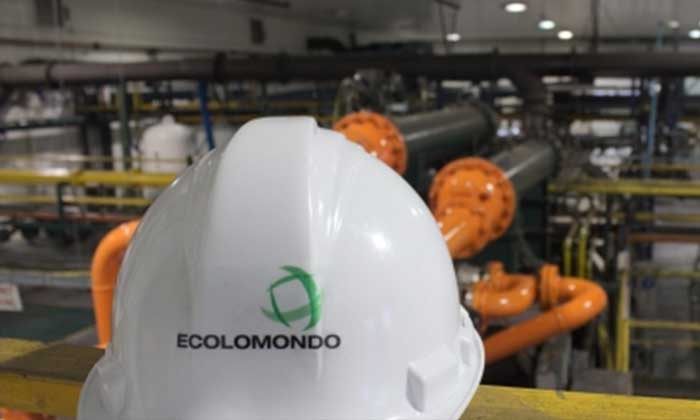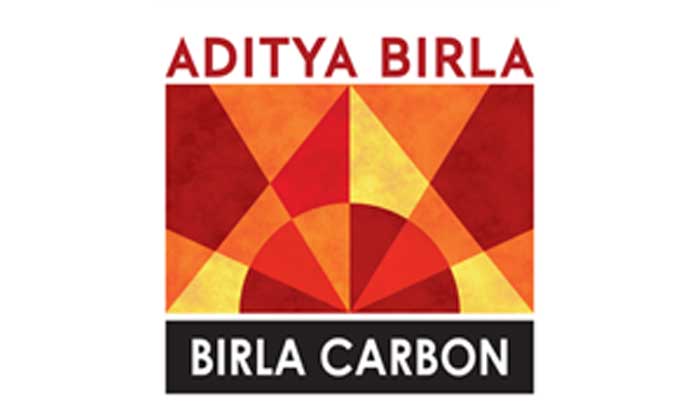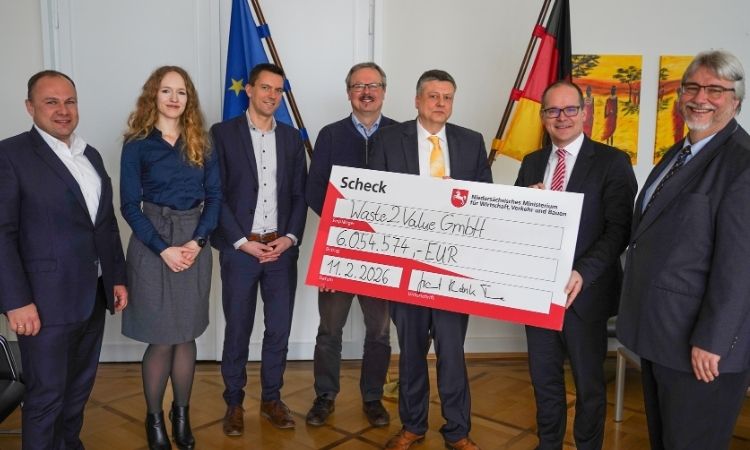The EMEA Synthetic Turf Council released statement on microplastic infill ban
The EMEA Synthetic Turf Council (ESTC) takes note of the publication of the European Commission's recommendations for the implementation of limitations for the introduction of purposely added microplastics onto the European market (Annex XVII REACH). The best strategy to limit microplastic emissions, according to the Commission, is to ban the sale of purposefully added microplastic infill for synthetic turf systems in the future (most often, end-of-life tyre shred). The option for derogation via risk management methods (RMMs) has been removed from the proposal as it was not considered viable by the Commission to meet its reduced emissions objectives.
Environmental care is ESTC's primary strategy, and the organization is actively engaged in a number of environmental projects. ESTC agrees with the goals of the European Commission and ECHA to reduce the emissions of intentionally added microplastics as part of the wider European Green Deal for climate neutrality by 2050. In this light, ESTC worked hard with many stakeholders (including international sports federations) to help develop the CEN Technical Report 17519 for infill control and mitigation. Independent research has shown the efficacy of RMMs, but the Commission appears to be concerned about the practicability and enforceability of such methods and has therefore opted for the ban option.
ESTC notes that the European Commission is proposing a six year transition period before the new restriction becomes effective. However, current surfaces are expected to be usable for at least 10 years and many existing fields may struggle to achieve their full-service life due to an inability to purchase the materials required for on-going maintenance, forcing communities, schools and sports clubs to either replace their surfaces prematurely or risk deteriorations in the quality and safety of their fields. ESTC therefore calls for the transition period to be extended to at least 10 years to enable those that have recently invested in new fields to obtain the full operational life they anticipated.
ESTC is pleased to note that the proposed ban will be at the point of sale, putting the responsibility for compliance onto suppliers and installation/maintenance contractors and not field owners, which should simplify the adoption of legislation.
According to ESTC, the ban of intentionally added microplastic will not change the benefits of turf systems to the millions of people enjoying them each year.
ESTC awaits full clarification on the wording of the new restriction as it works its way through the legislative process, and to working with all relevant stakeholders to support the development and implementation of turf systems towards a greener future that can be enjoyed throughout Europe.
To read the full article, please proceed to the EMEA Synthetic Turf Council’s website.
Weibold is an international consulting company specializing exclusively in end-of-life tire recycling and pyrolysis. Since 1999, we have helped companies grow and build profitable businesses.









